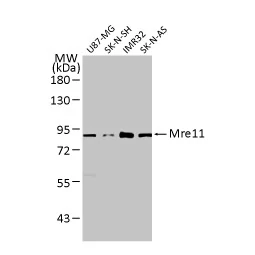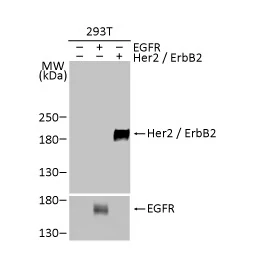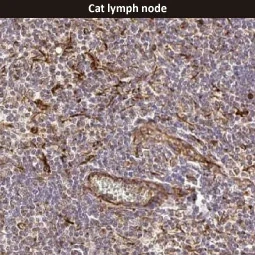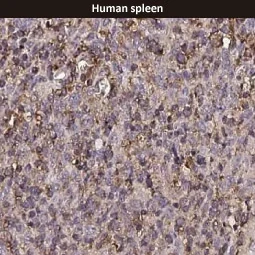Single-Cell Atlas Reveals Brain Metastasis Signatures
 |
|
Brain metastases (BrMs) affect a significant proportion of patients with advanced cancers and are associated with poor survival. Progress in understanding and treating BrMs has been limited by the brain’s complex immune environment, restricted drug access, and a lack of high-resolution, lineage-spanning data. This hinders the development of effective, broadly applicable therapies.
In a new Cancer Cell study, Xing et al. used an integrative single-cell RNA sequencing approach to characterize pan-cancer BrMs, uncovering shared molecular and cellular features across diverse cancer types (1). BrMs are marked by elevated chromosomal instability and a conserved neural-like gene program, within an immunosuppressive microenvironment dominated by M2-like macrophages and exhausted T cells. The identification of BrM-enriched endothelial and pericyte subpopulations, as well as the NECTIN2-TIGIT immune checkpoint axis, reveals potential therapeutic vulnerabilities. Moreover, the authors’ classification of five distinct BrM ecotypes underscores the clinical relevance of tumor ecosystem diversity and provides a basis for precision medicine strategies in treating BrMs.
GeneTex offers extraordinary antibodies for cancer and immunology research, including the CD3 epsilon antibody [CD3-12] (GTX42110) cited in this study. Please explore our comprehensive antibody catalogs at the GeneTex website. |
|
Featured Products |
|
|
|
|
||||||||||||||||
Reference:
| 1. Cancer Cell. 2025 Apr 7:S1535-6108(25)00126-6. doi: 10.1016/j.ccell.2025.03.025. |



